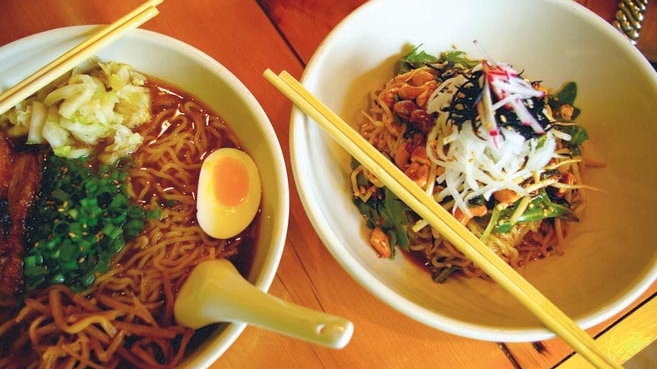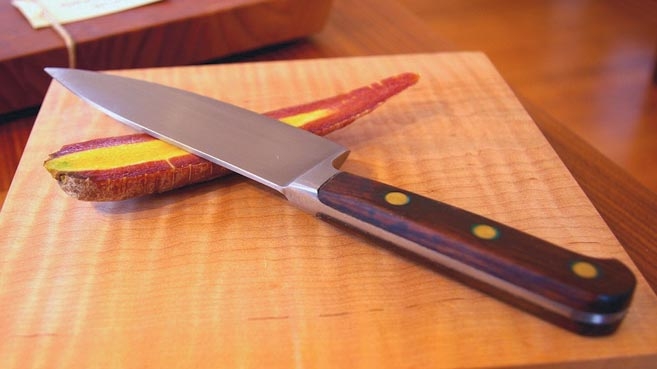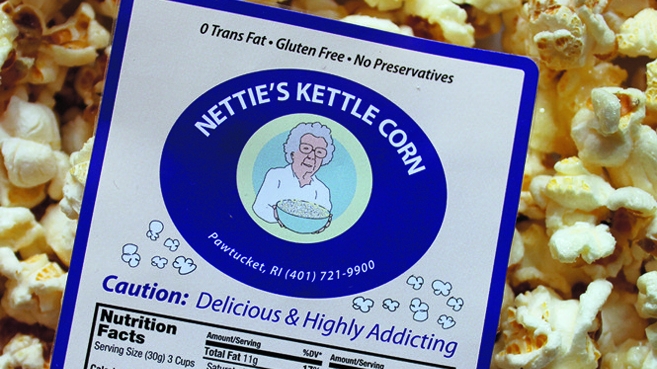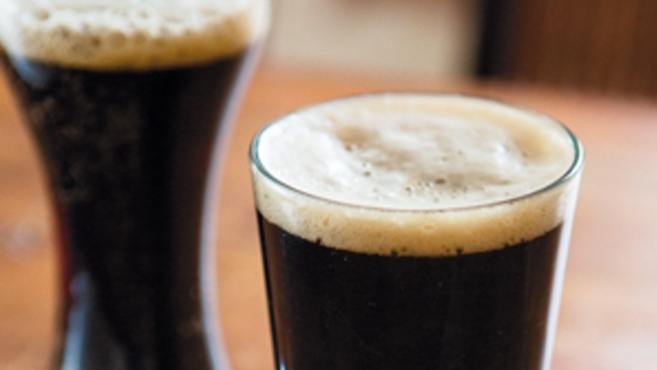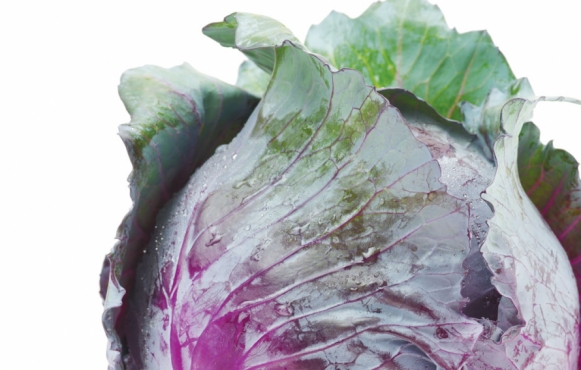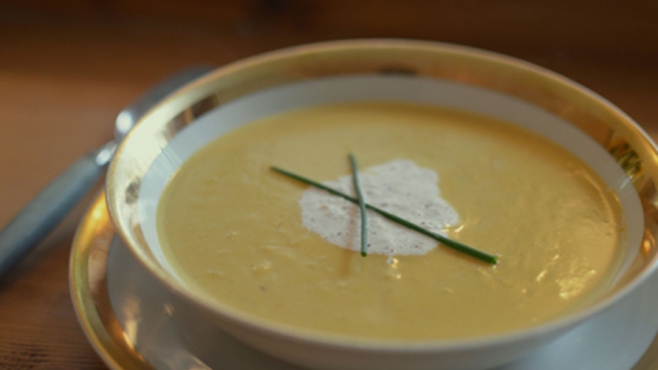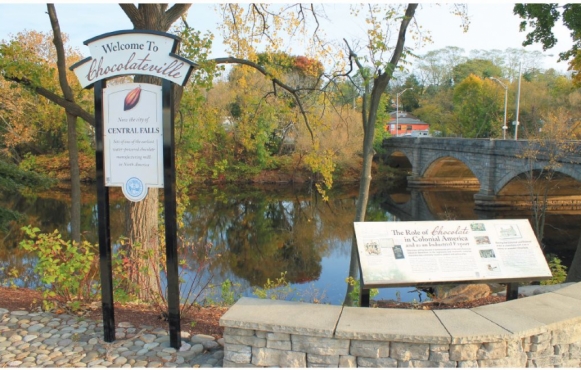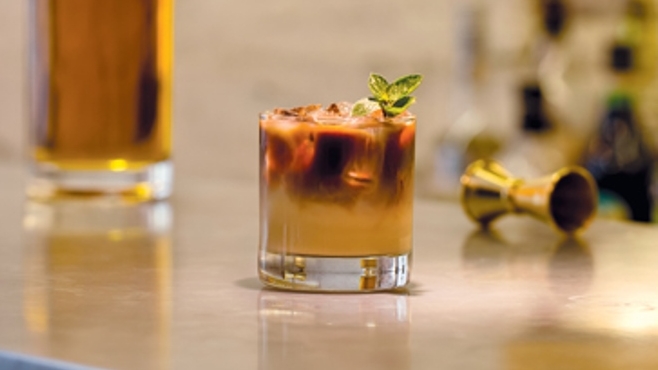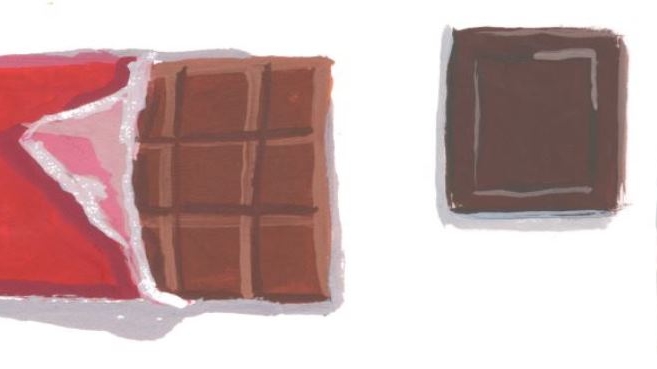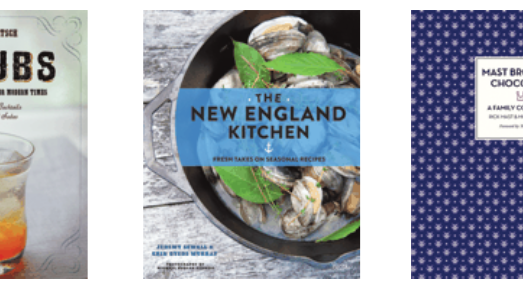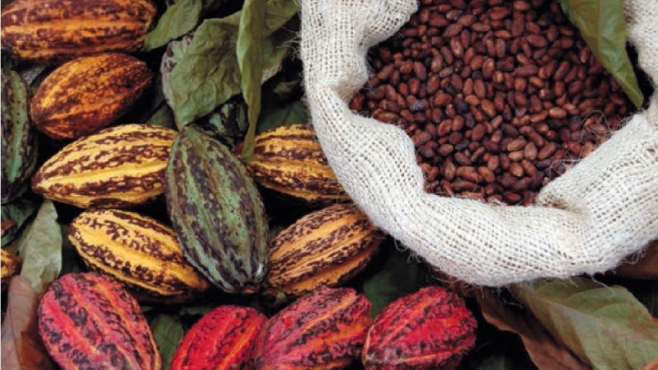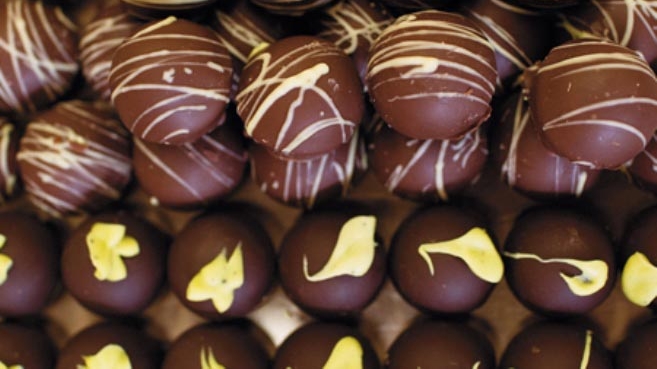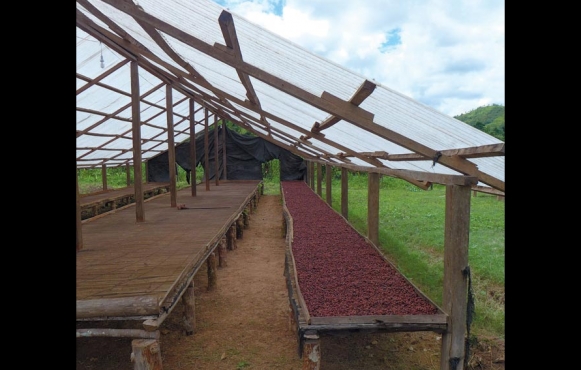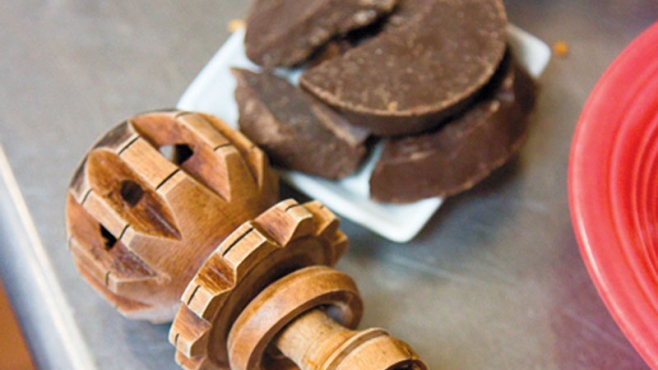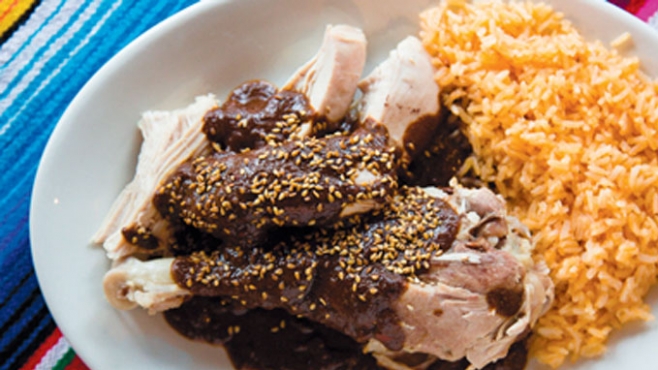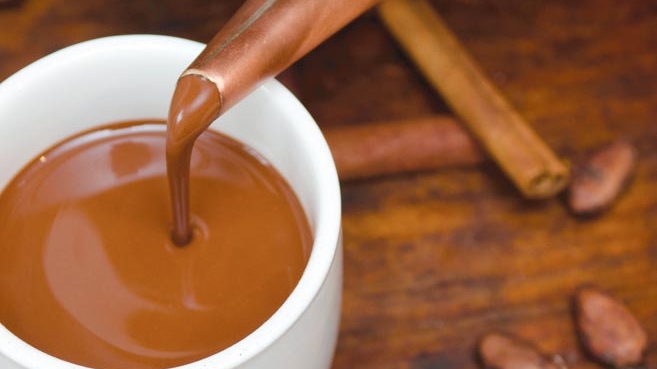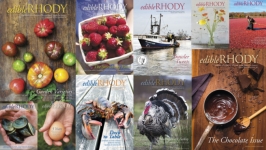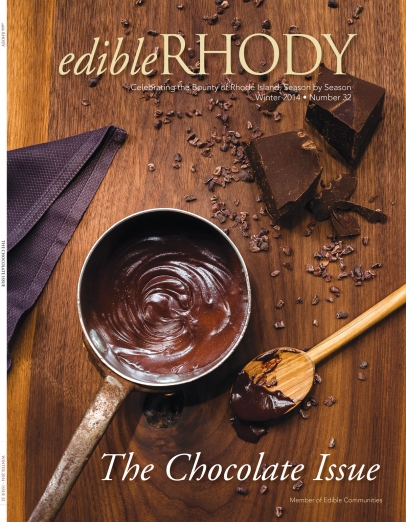
Dear Reader,
You are in for a treat! This issue is filled with the tempting, thought-provoking, stimulating and otherwise simply yummy world of chocolate.
I know you might be wondering why we decided to focus on chocolate this winter, especially given the fact that cacao, the tree from which we get our cocoa, grows thousand of miles from Li'l Rhody. Despite the equatorial origins of cacao, chocolate is intertwined with our local food community in more ways than you'd imagine. It's not only part of our state's history, it's a part of our state's food economy–and each time you order a delicious chocolate dessert or a Rhody-made truffle, you are part of it too.
The idea of a chocolate issue began last winter as I was polishing off a rather sinful chocolate dessert. After a little digging, I decided it was time we all learned a bit more about the subject– on a local level–like the history of chocolate in Colonial Newport, the artisanship of local chocolatiers, plus chocolate as it relates to the farmers who grow this popular indulgence. Understanding more about the foods we eat enhances our appreciation for them, and hopefully leads to a more mindful approach to procuring, cooking and dining–even with chocolate.
The subject of chocolate offers as complex a set of topics as flavors to your palate when you taste it. Tracing the bean back to its origin and following its long journey to the bar you nibble, the hot drink you sip or the dessert you dive into, chocolate is a food worthy of closer scrutiny.
Swedish botanist Carl Linnaeus in 1753 gave it the Latin term Theobroma cacao, Theobroma meaning food of the gods and cacao from the Aztec (or Nahuatl) language, approximating bitter and water. As you'll learn in this issue, Linnaeus was late to the party given that the enjoyment, if not idolization, of cacao likely predates his assessment by several thousand years.
When delving into its history and emergence from indigenous foodstuffs to modern commodity, you'll learn in Rhodeside Diaries that chocolate has inexorable ties to the slave trade. In Edible Nation you will discover that despite chocolate's dark side, both past and present, we have the power locally to make positive changes globally in the way today's chocolate growers and workers are valued for their hard labor.
You'll discover chocolate can be healthful. It can be beautiful, as you'll see throughout the issue, and it brings generations together to relish its savory side, as you'll appreciate in Foodways.
As you will observe throughout this issue, chocolate is part of the food culture of Rhode Island, something that brings enjoyment, both for the little lift it offers us in the rough times–and the delight it brings to the good times.
We hope you experience far more of the good times in 2015. From both myself and publisher John Schenck, here is a toast to Rhode Island, and all of its sweet and savory flavor.
Dig in!
Genie McPherson Trevor
Communities Near You
What’s happening near you
Farm Fresh RI 2024 Winter Farmers Market
Farm Fresh BuildingProvidence
Farm Fresh RI 2024 Winter Farmers Market
Farm Fresh BuildingProvidence


